DOCTORAL STUDENT PROFILES
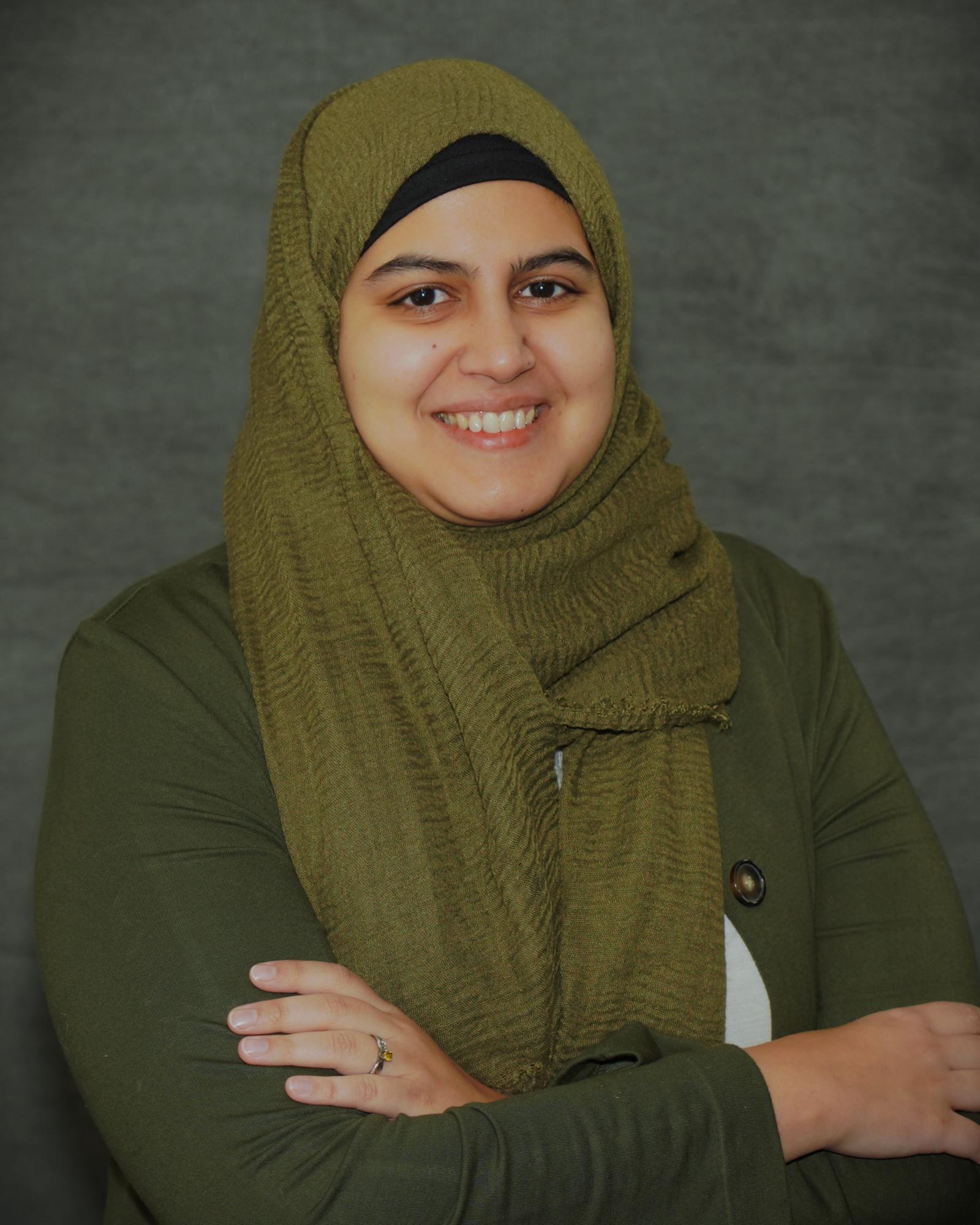
Aabiya Baqai
Aabiya’s research focuses on the ways marginalized groups, such as Christian women from informal settlements, use the built environment to confront the national government’s claim to a single imagined national identity in Islamabad, the capital city of Pakistan. Aabiya has a Master’s in Public Policy from the University of Texas at Arlington and a Bachelor of Arts in Interior Design from Dar Al Hekma University, Jeddah, Saudi Arabia. During her free time, she likes to swim, discover new halal spots, and read Harry Potter fanfiction.
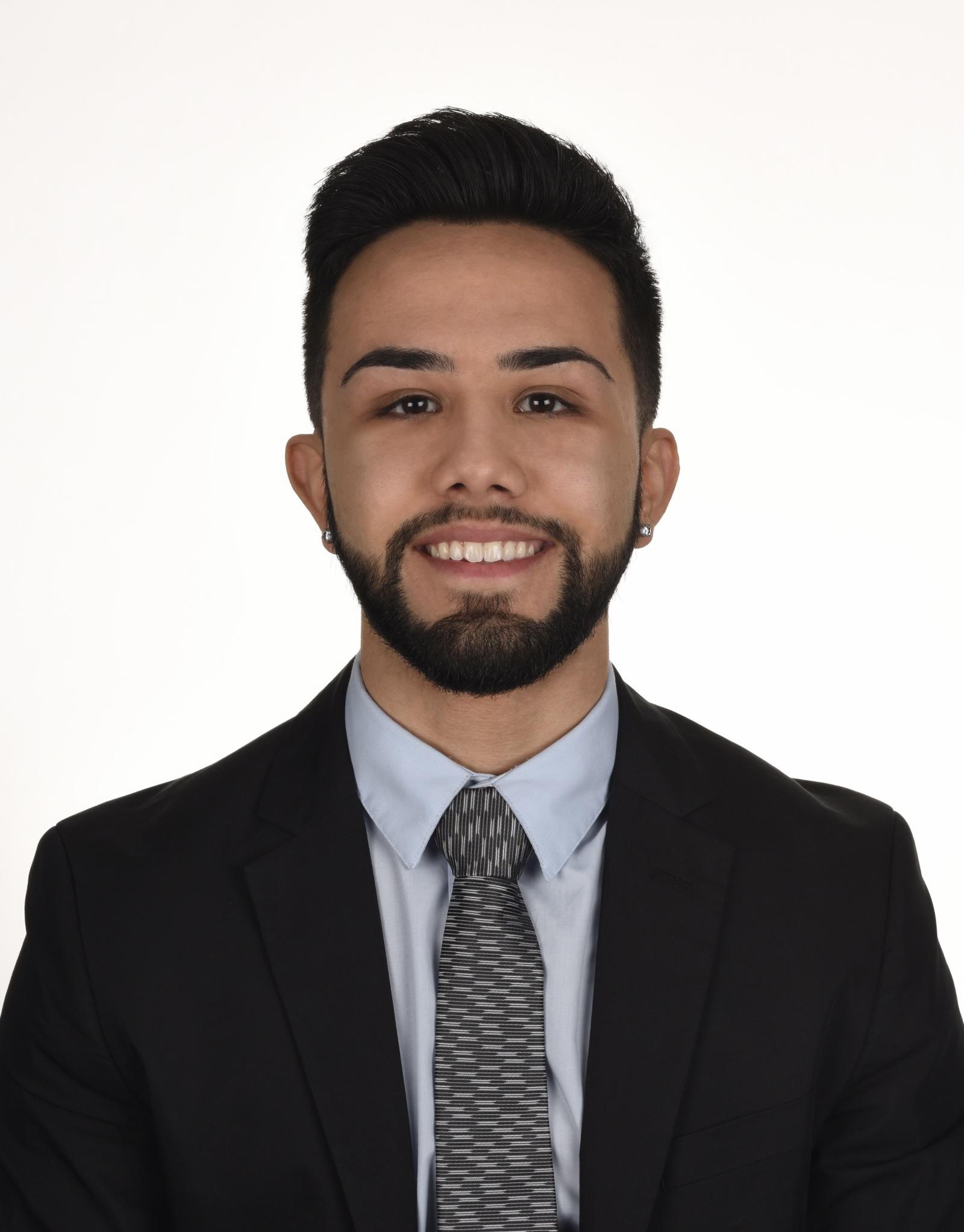
ERIK LUIS ARROYO
Erik’s research focuses on the intersections of housing and environmental planning and policy, with a primary focus on housing accessibility, climate change adaptation, and natural hazard mitigation. Before beginning his doctoral studies, Erik obtained a B.A. in journalism from Pennsylvania State University- University Park (Penn State), an M.A. in sociology from California State University, Fullerton (CSUF), and was a pre-doctoral scholar in urban planning at the University of California, Los Angeles (UCLA). Erik’s master’s thesis focused on how housing policy during COVID-19 impacted the unhoused community of Skid Row in Downtown Los Angeles, while Erik’s pre-doctoral research analyzed how renewable energy policy affects low-income Latino/x residents in Los Angeles’s San Fernando Valley. Erik’s current doctoral research explores how colonia housing settlements in South Texas’s Lower Rio Grande Valley are being impacted by climate change-driven natural hazards.
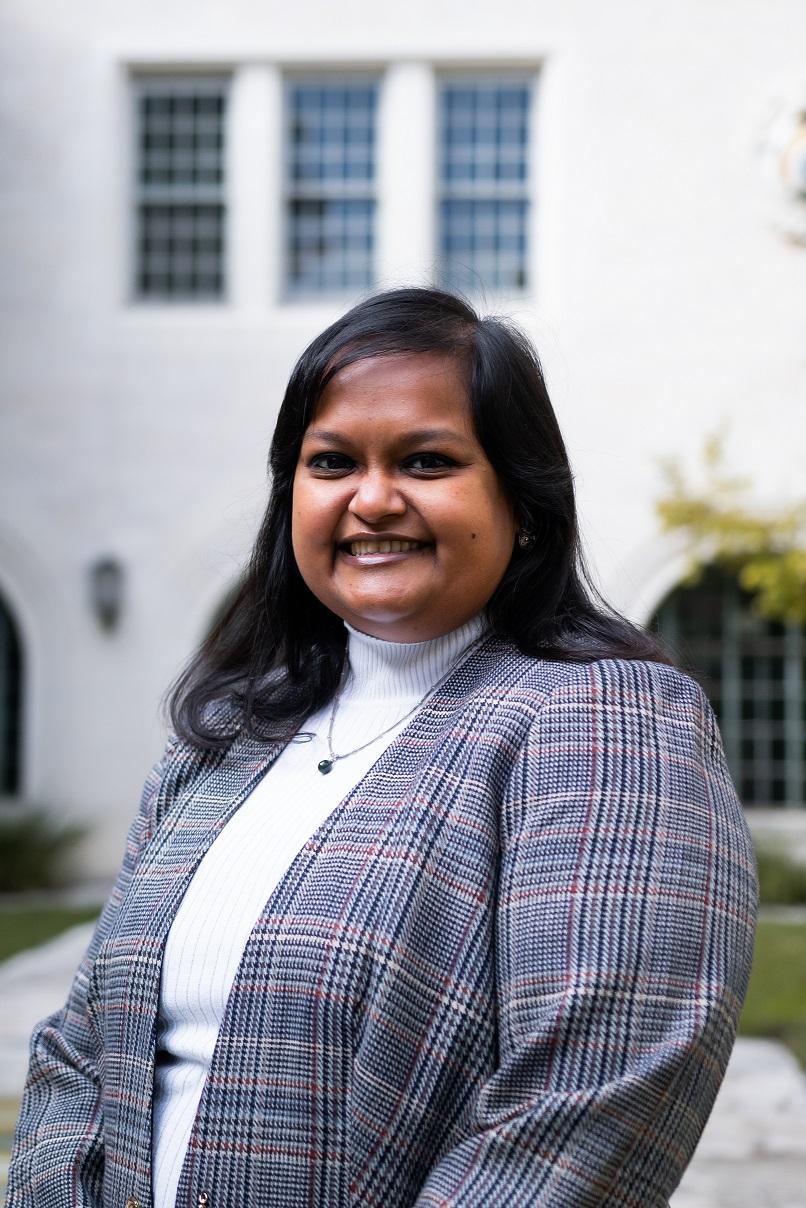
Samira Bashar
Samira’s research interests lie at the intersection of equitable waterscape planning and informal urbanism in the context of South Asia. She is committed to shaping her academic and professional work around the knowledge and lived experiences of marginalized communities, and, in doing so, seeks to explore the tensions between local knowledge production and traditional development approaches and how that shapes discourse. Samira received her MSCRP degree from UT and her Bachelor of Architecture degree from Bangladesh University of Engineering and Technology (BUET). She has more than two years of teaching experience in the field of architecture and planning in Bangladesh, leading studios focused on activity-space relationships, urban design, and housing.
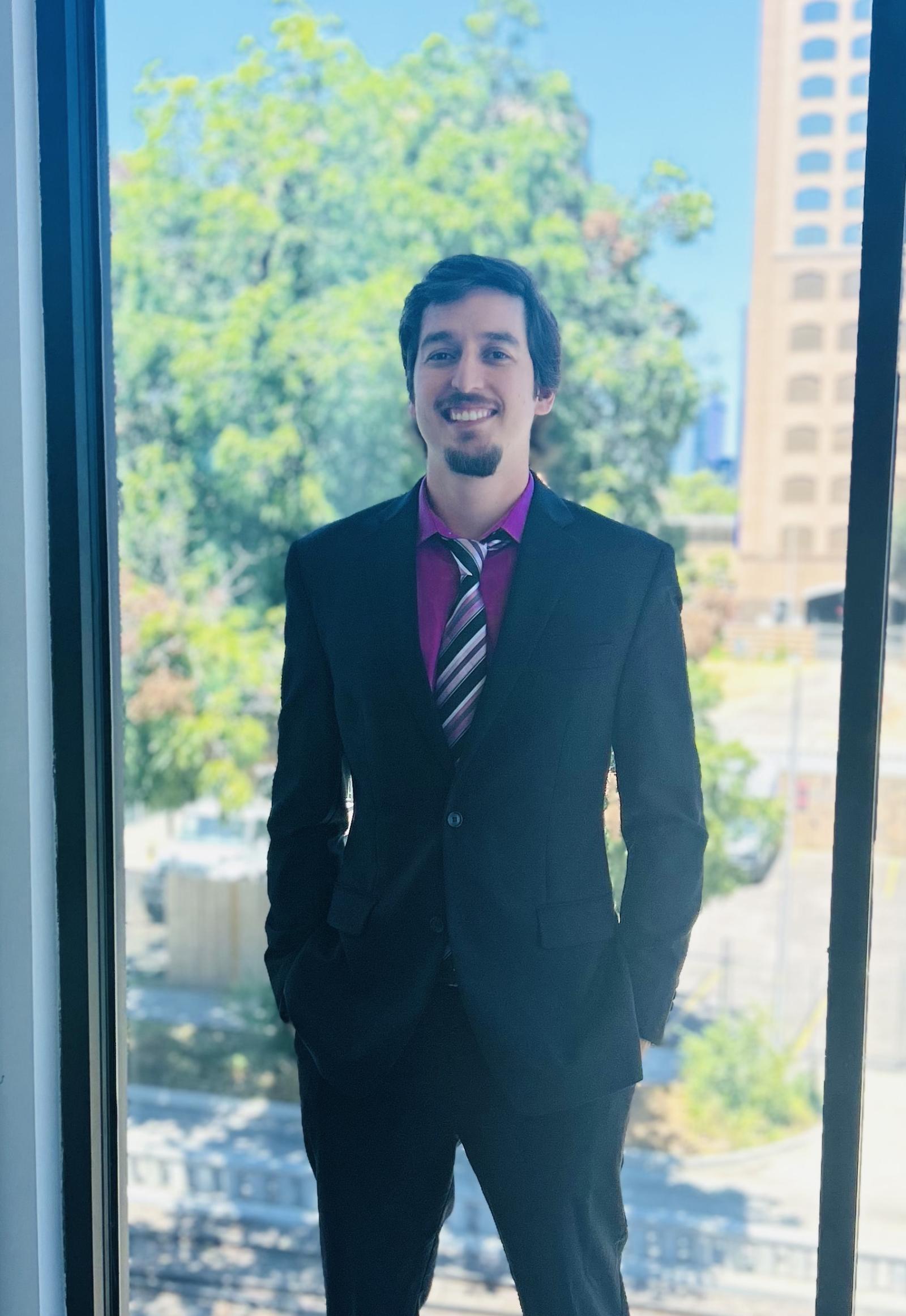
FELIPE BARROSO
Prior to joining the Community and Regional Planning program at UT Austin (CRP), Felipe spent a decade working with local economic development issues, both in the nonprofit and public sectors. His research interests are asset-based approaches to local economic development, community wealth building, and the use of anchor institutions for community development objectives. A native of São Paulo, Brazil, Felipe studied Economics at Pontifícia Universidade Católica of São Paulo and holds a Master's Degree in International Development from the Humphrey School of Public Affairs.
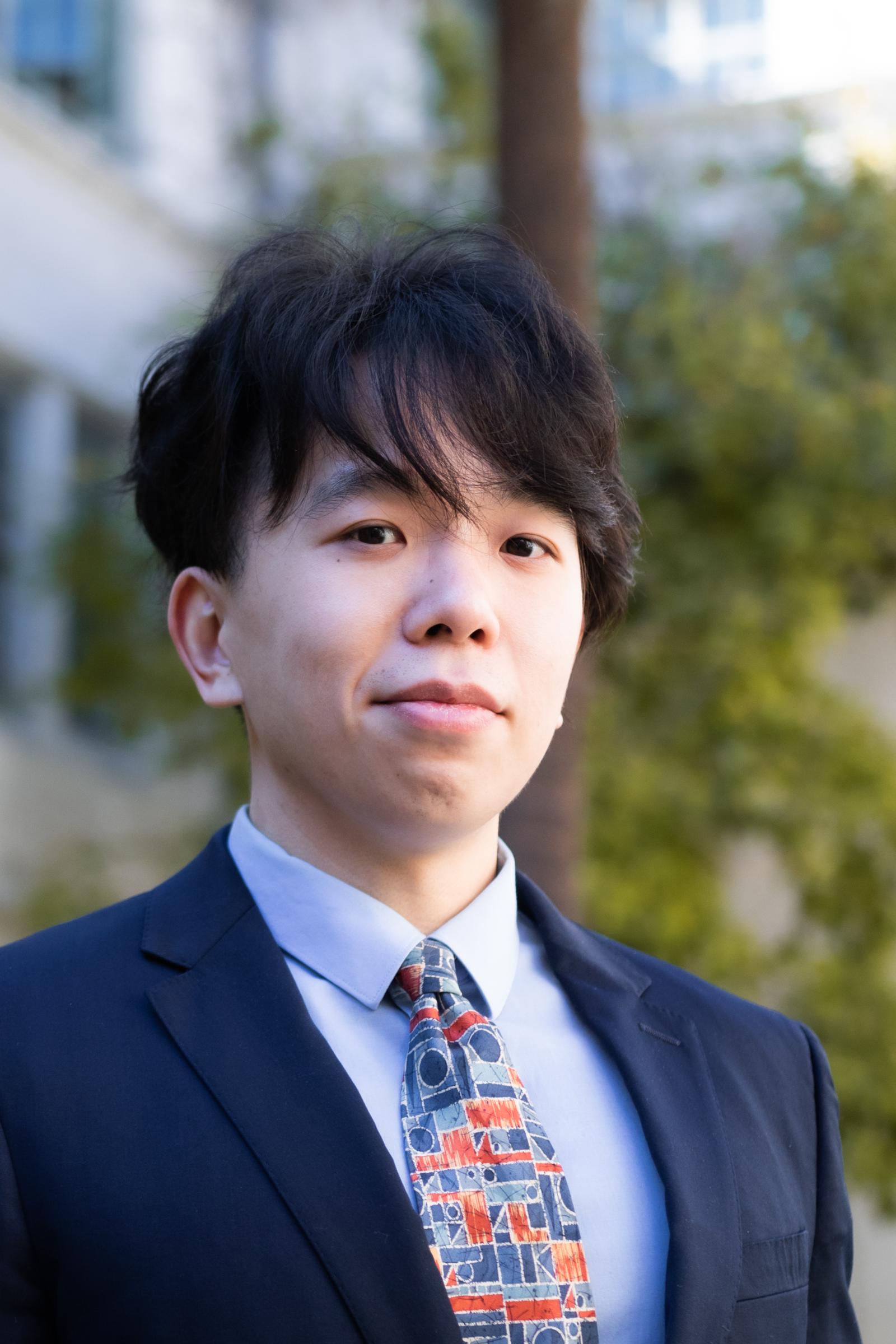
Yefu Chen
Before coming to UT Austin, Yefu Chen received a Bachelor of Science from Sun Yat-sen University and a Master in Urban Planning from the University of Washington. Yefu's primary research interest is transportation infrastructure and location affordability. He focuses on applying statistical models and machine learning algorithms to explore the impacts of changes in urban form and transit services on travel behavior and residential property values. Additionally, he is interested in environmental and public health outcomes such as particulate matter concentrations and obesity.
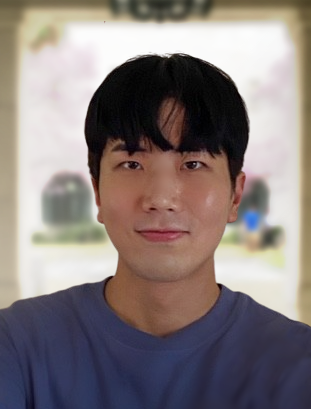
Seung Jun Choi
Seung Jun specializes in urban informatics, particularly focusing on smart transportation, transportation equity, machine learning, and artificial intelligence. His research critically examines current smart transportation strategies, including electric vehicles, micro-mobilities, and autonomous vehicles. He integrates new methodologies to ensure equitable access to emerging transportation options across communities. Seung Jun is a National Science Foundation Research Trainee in the Ethical Artificial Intelligence program. He is also Lead Teaching Assistant in the Computer Science Department at UT Austin. He earned his M.S. in Community and Regional Planning from The University of Texas at Austin and a dual B.S. in Real Estate and Urban Planning from Dankook University in South Korea.
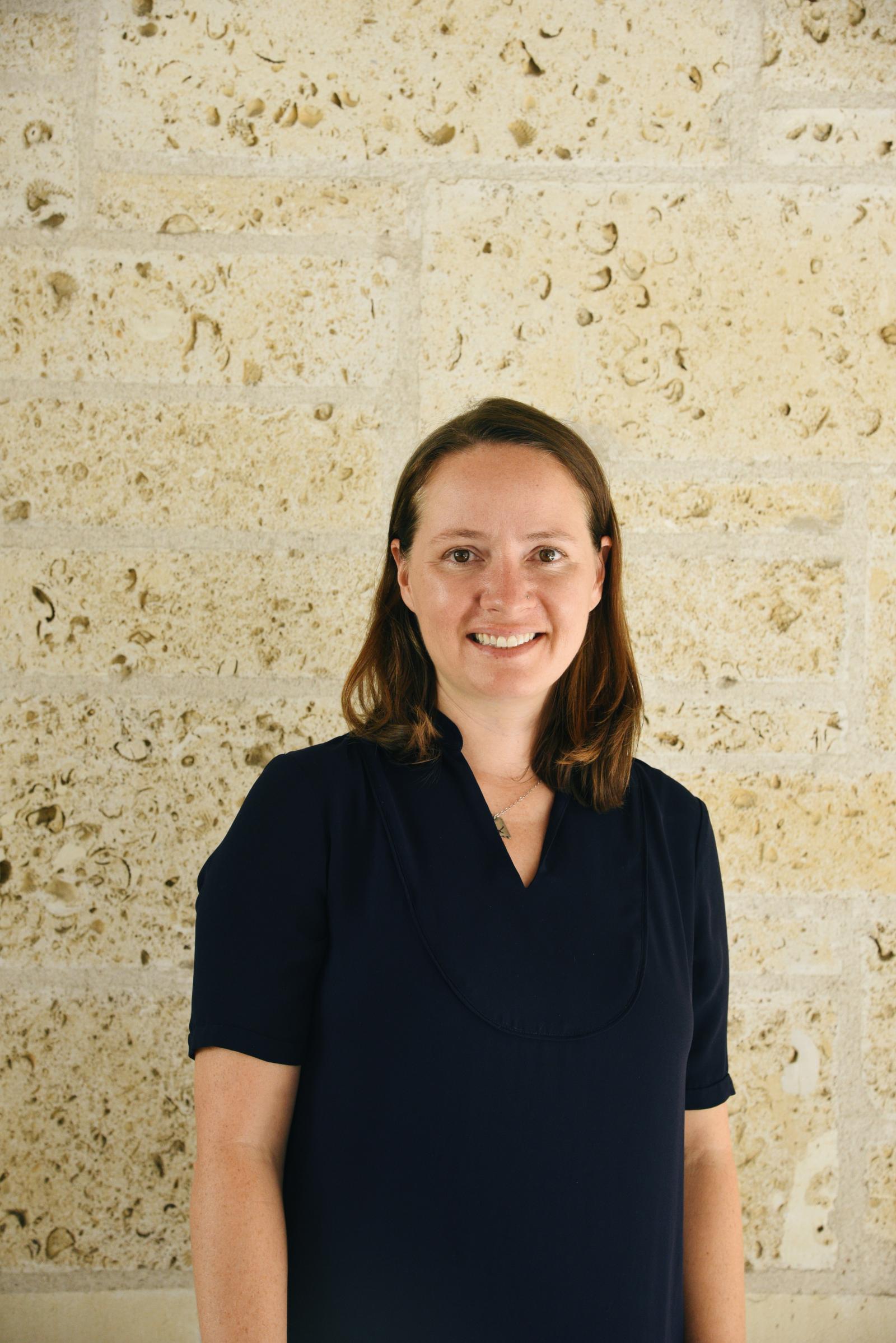
Taylor Cook
Taylor’s research focuses on housing, specifically how local politics, urban regime theory, and decision-making processes affect local homeless service systems. Before joining the CRP program, Taylor was a Program Manager for the City of Austin’s Innovation Office and where she led a team responsible for designing projects and services for people experiencing homelessness in Austin. Previously, Taylor was an IT system design consultant for the Texas Health and Human Services Commission and the founding Director of Farmshare Austin. Currently, she serves on the board of the Texas Homeless Network and is an active volunteer with local mutual aid organizations.
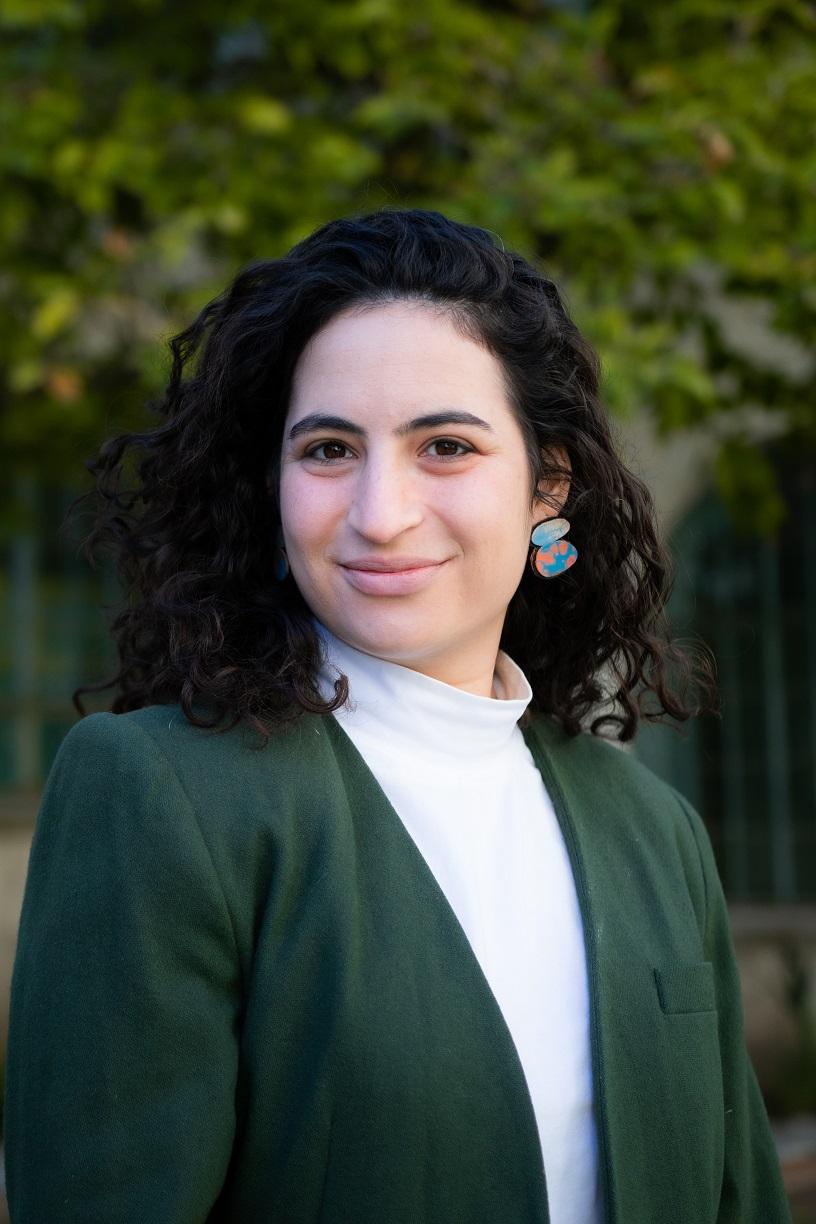
Shayna Goldsmith
Shayna researches the production of socio-technical systems through the prisms of planning history, transportation, infrastructure, and municipal finance. By particularizing the contingencies involved in producing urban space—speculative investments, implementation failures, ideologies, technologies, and real or perceived threats to order—she examines the circumstances, institutional arrangements, and subjectivities that frame the 'public interest' and dictate the terms of collective action. She looks for new ways to imagine the future through this historiographic approach. Shayna is a native of the Washington, DC area, where she earned her Master's in Urban and Regional Planning at Georgetown University.

Jiaxuan Huang
Before coming to UT Austin, Jiaxuan worked as a strategic consultant in Shanghai and as an urban designer in Atlanta. She obtained her bachelor’s degree in architecture, a master’s degree in architecture, and a master’s degree in urban design. She is also currently graduating from a master’s in computer science program at Georgia Tech (Summer 2023). Besides her hobby of collecting degrees, she is interested in studying shared micro-mobility in a spatial context and understanding the built environment from machine eyes. Growing up in the compact urban environment of Shanghai, Jiaxuan is enthusiastic about creating an amicable commuting environment for walking, biking, and skateboarding.

Kaylyn Levine
Kaylyn’s research focuses on the mobility justice implications of active and public transportation planning decisions. Her dissertation analyzes first- and last-mile access to transit for people with disabilities in Austin, TX and Seattle, WA. Kaylyn has an M.S. in Applied Urban Science and Informatics from New York University and a B.S. in Environmental Science from the University of California, Los Angeles. She was a Dwight David Eisenhower Transportation Fellow in 2020. In her free time, she enjoys participating in agility and dock diving with her dogs.
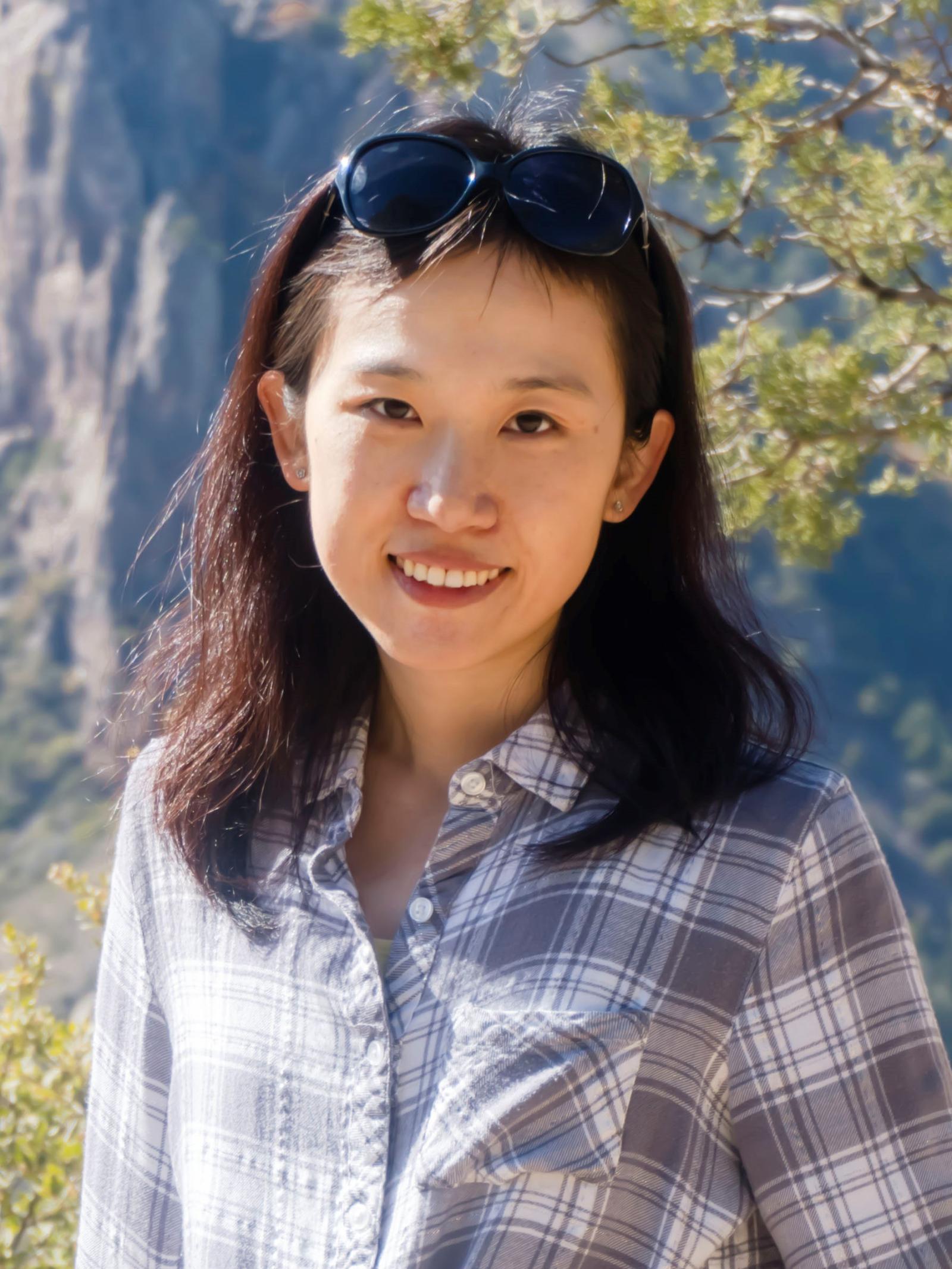
ZIQI LIU
Ziqi Liu holds a master’s degree in Statistics from UT Austin and a master’s degree in Urban and Regional Planning from University of Illinois at Urbana-Champaign. Her research broadly focuses on the social and economic impacts of transportation investments, measurements of spatial inequality, and economic justice. She also had publications on the transit network effects and urban migrants. Her research projects respond to growing inequality in the megaregions and metropolitan areas with the focus on the role of transportation planning to reduce the disparity. Most of her projects were funded under the grant of Cooperative Mobility for Competitive Megaregions by the U.S. Department of Transportation.
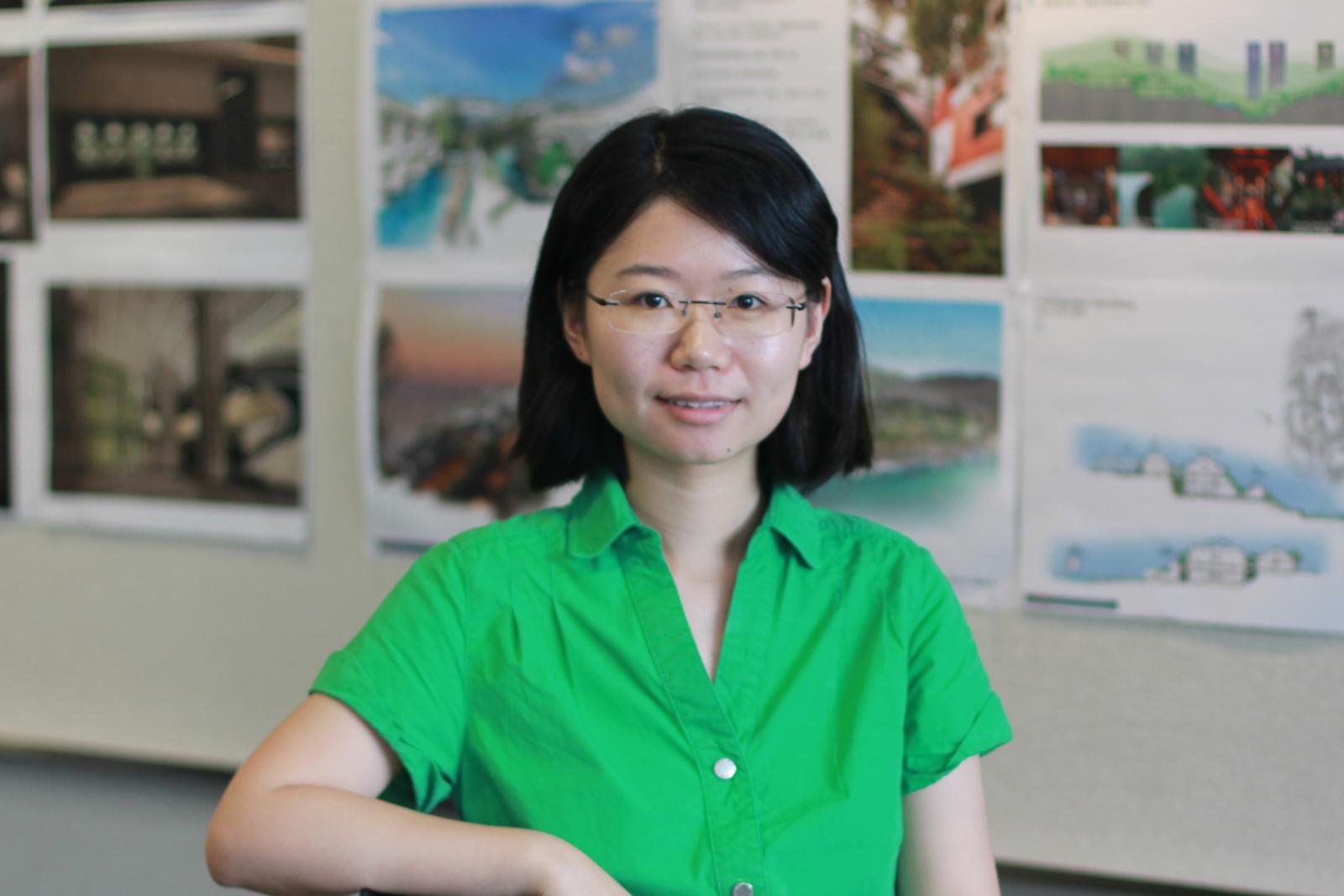
Haijing Liu
Haijing’s dissertation focuses on exploring and understanding the geographical distribution and growth trends of green jobs over the past 20 years in the United States while analyzing their relationship with local policy factors and assessing their equity impacts. Haijing also has an interest in entrepreneurship and innovation. Her recent paper titled “Bridging Healthcare and Entrepreneurship: Examining the Collocation of Public Tertiary Hospitals and Biotech Startups in Chinese Cities” has been awarded as the AAG’s 2022 Runner-Up to the Best Paper for Geography and Entrepreneurship.
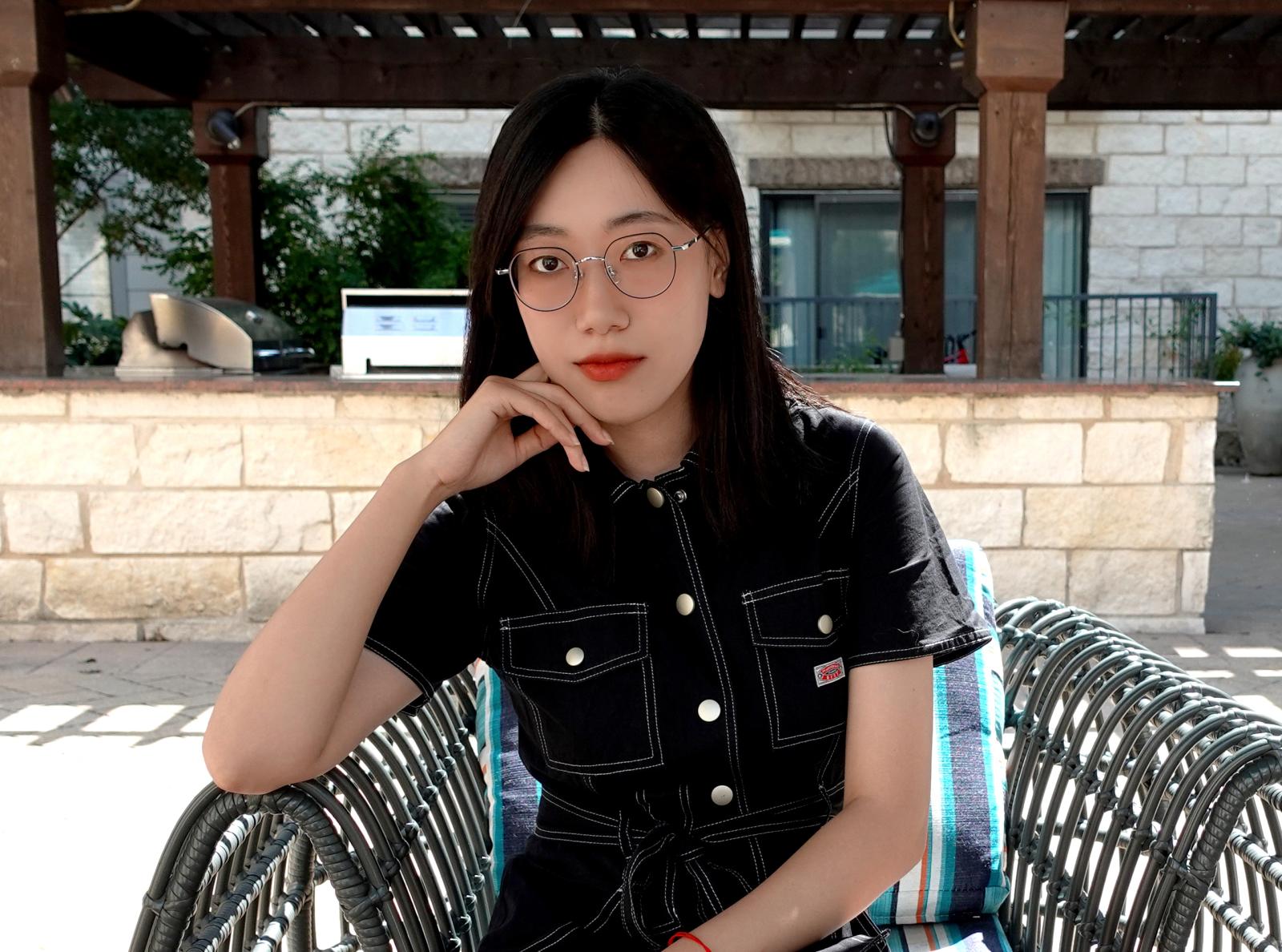
Yueying Ma
Yueying’s research interests focus on the environmental planning field, especially topics about climate change, ecosystem services, and urban resilience. Before entering the Ph.D. program at UT, she had experience using quantitative data to analyze the relationship between water quality and related factors at the Healthy Urban Stream Interdisciplinary Research Lab at the University of Michigan. She received her Master’s degree at Tongji University.
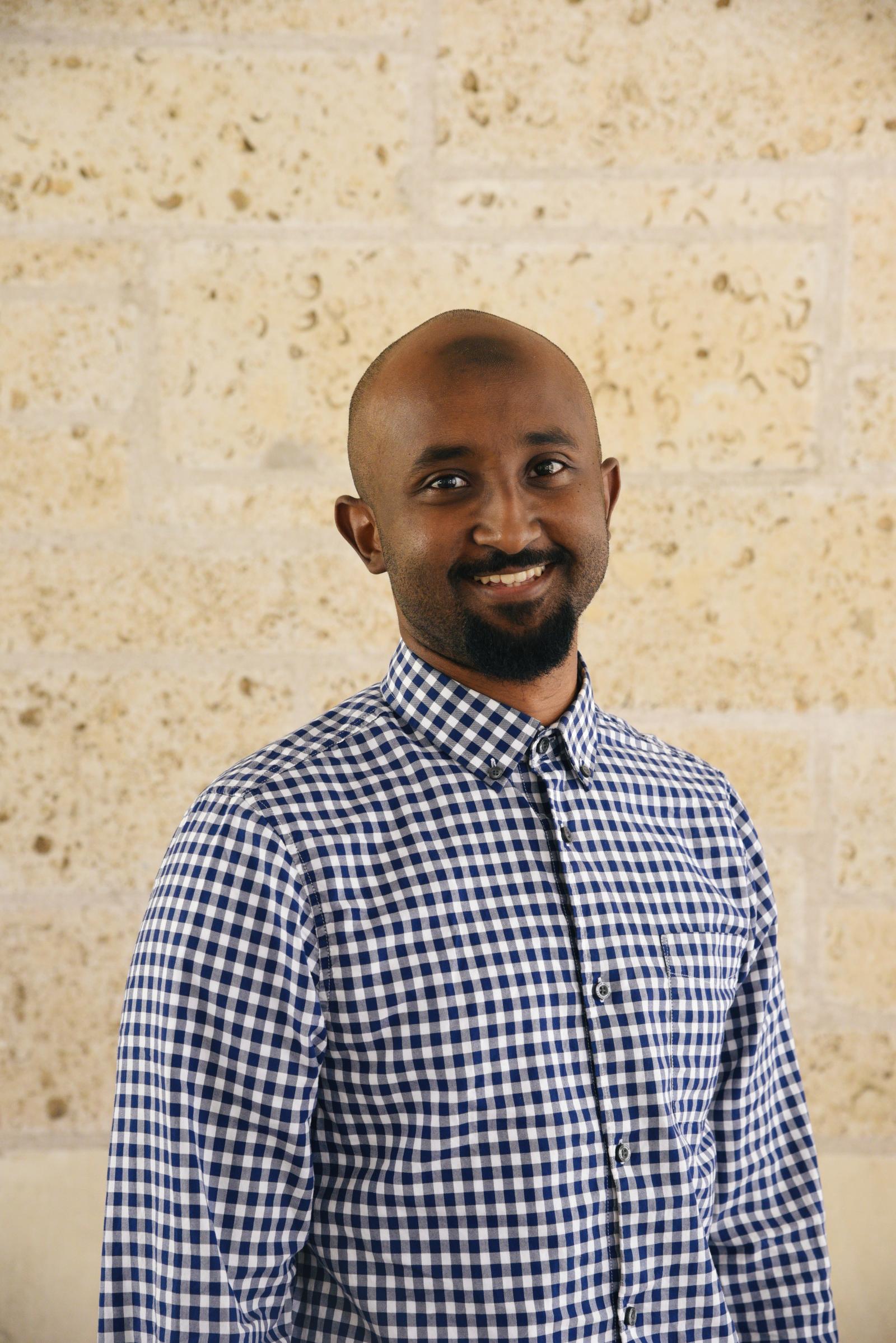
RAMI MANNAN
Rami's research primarily focuses on the methods by which decision-makers can develop empathy and understanding of how East African immigrant populations settle in their newly adopted countries and the ways that local knowledge, mitigation strategies, and unique needs of immigrant communities can relieve and shed light on the strains caused by decision-making processes that affect the services received by immigrant communities. Before joining the CRP PhD program at UT Austin, Rami was previously an assistant teaching professor in the architecture department at Iowa State University. Rami received both his BArch and MSc in architecture from Iowa State University.
Adam Ogusky
Adam’s primary research interest is how planners make use of the terms ‘equity’ and ‘justice’ and how they are operationalized in planning practice. His dissertation involves an evaluation of contemporary comprehensive plans in the United States for the quality and extent of their treatment of equity, in addition to an analysis of the meanings of equity found in the documents using theories of justice to discuss and classify them. Prior to entering the Ph.D. program, Adam worked as a planner and a potter in Taos, NM and received his MSCRP from UT and a BA in geography from Dartmouth College.
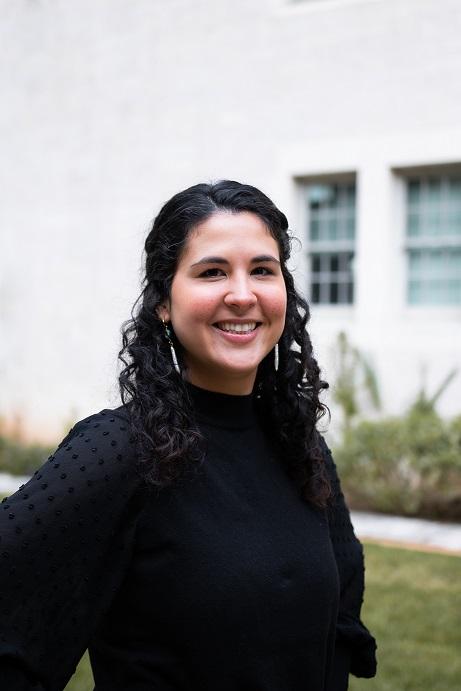
Katherine Pérez-Quiñones
Katherine A. Pérez-Quiñones' current research is about historically marginalized coastal communities and the contradictory issues they face: the increasing vulnerability to extreme weather events, the threat of displacement anddevelopment for profit, and the desire to stay. Through oral histories, she will explore the notions of home, land, water, and property, to understand how these ideas inform people’s position on current environmental planning issues like conservation, and disaster (flood) mitigation. She is currently part of the Health Policy Research Scholars program of the Robert Wood Johnson Foundation and at UT-Austin, she works with a Planet Texas 2050 team that researches and fosters youth’s involvement in environmental planning and health policy issues through participatory methods
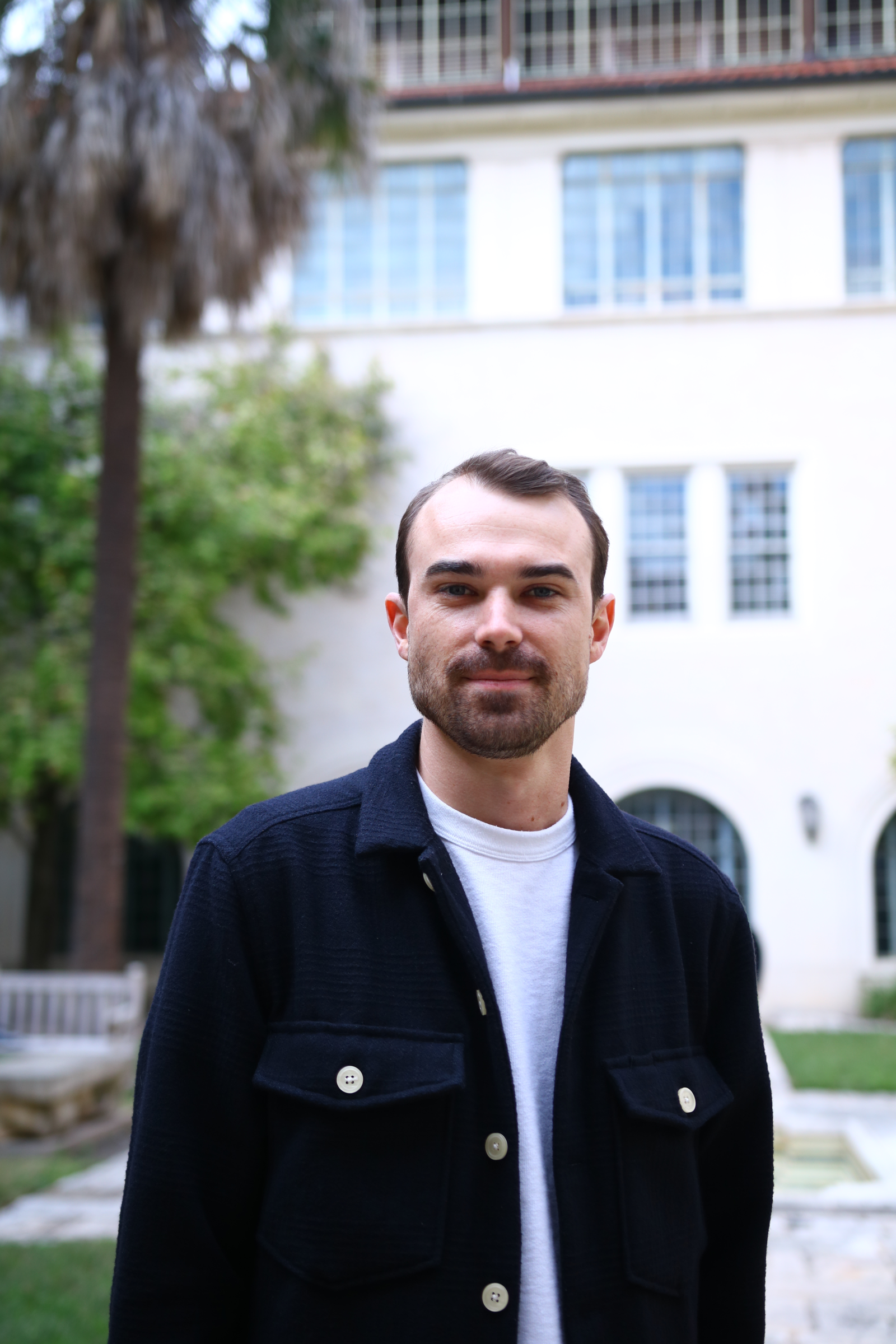
Connor Phillips
With an educational background in public health and urban planning, Connor has studied tobacco cessation programs, micro-mobility and health, and most recently, artificial intelligence in urban infrastructure. As an NSF NRT fellow, Connor’s work will integrate ethics into AI research for smart cities. More specifically, Connor hopes to lead conversations around fairness, justice, and safety in terms of the technological future of our urban environments.
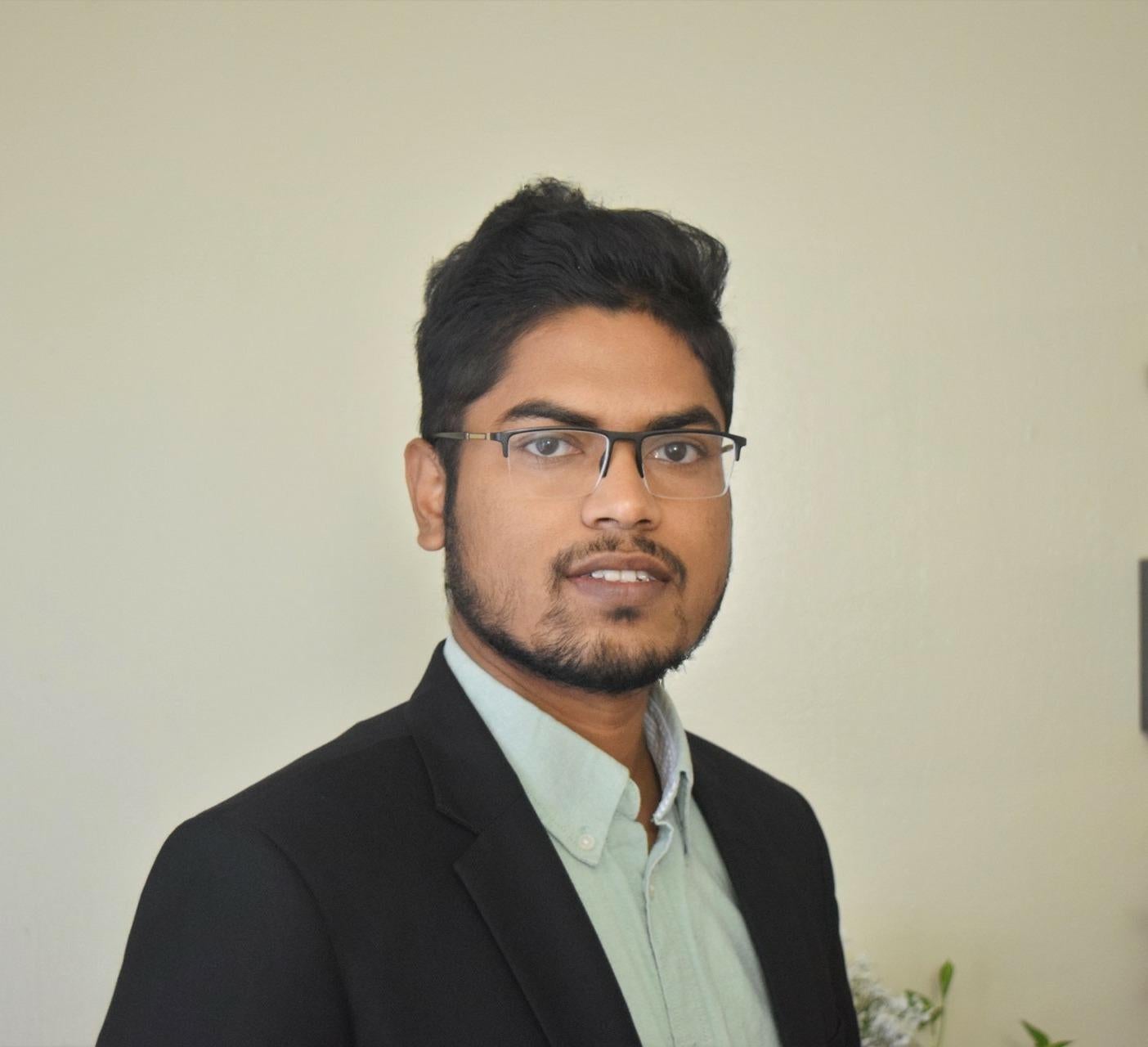
Md Hamidur Rahman
Hamidur’s research interest lies in the interactions between the built environment and travel behavior, and the mobility justice implications of emerging transportation technologies. He specifically explores how the built environment affects travel behavior, urban facility accessibility, and vehicular carbon emissions in the context of developing countries. Before enrolling in the Ph.D. program, Hamidur worked as a Planner for the Memphis Metropolitan Planning Organization. He holds a M.S. degree in Earth Sciences (Geography concentration) from the University of Memphis, Tennessee and a B.S. degree in Urban and Regional Planning from the Bangladesh University of Engineering and Technology (BUET), Bangladesh.
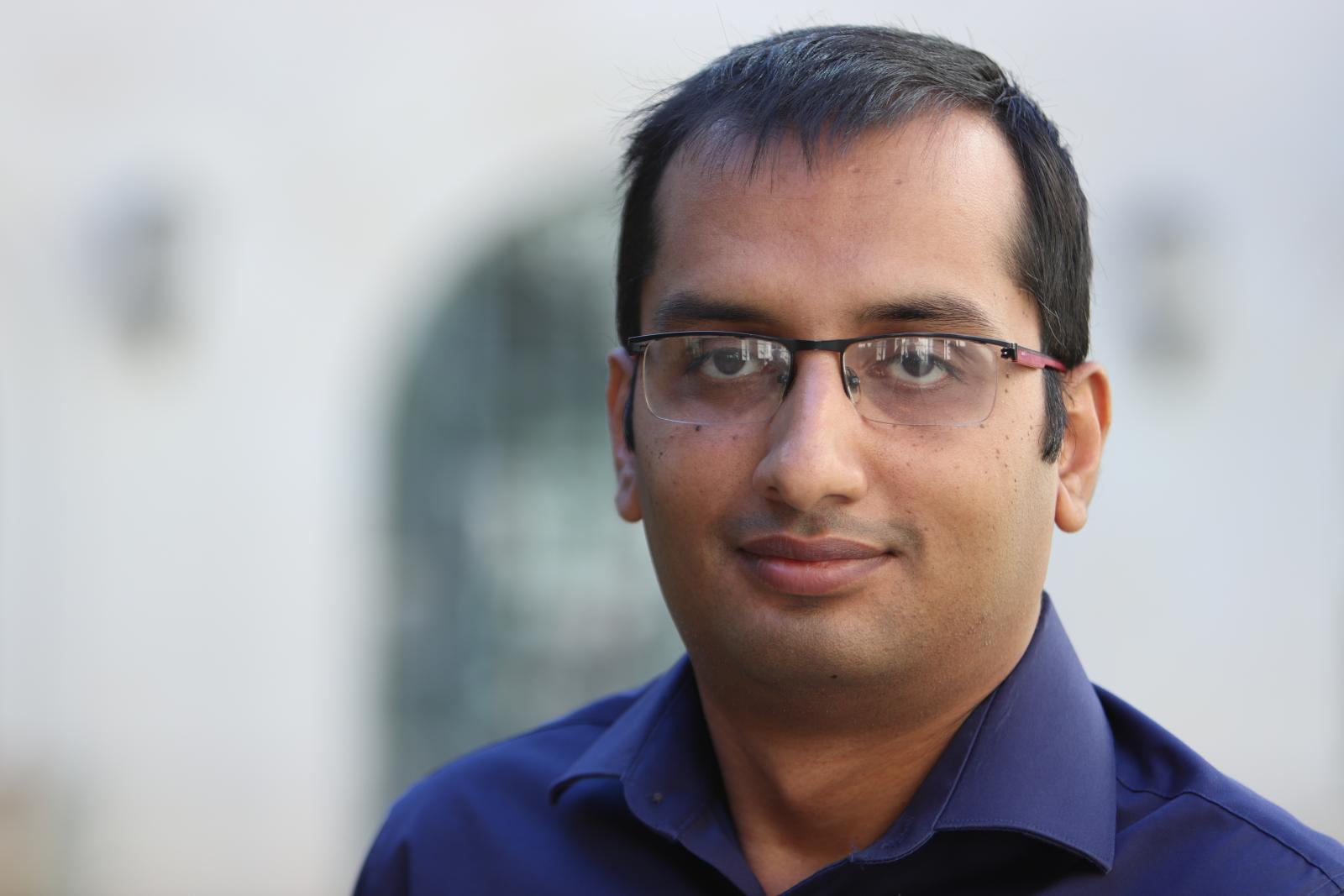
Mashrur Rahman
Mashrur’s research focuses on social and spatial dimensions of transportation issues, including travel behavior, land use-transportation interactions, and the associated implications for health and the environment. His dissertation examines the causal nature of relationships within the built environment and travel behavior relationships, with a particular focus on behavioral and psychological factors, including attitudes, residential preferences, habits, and lifestyle. Mashrur has an M.S. in Transportation Science from the University of California Irvine and both B.S. and M.S. degrees in Urban and Regional Planning from the Bangladesh University of Engineering and Technology.
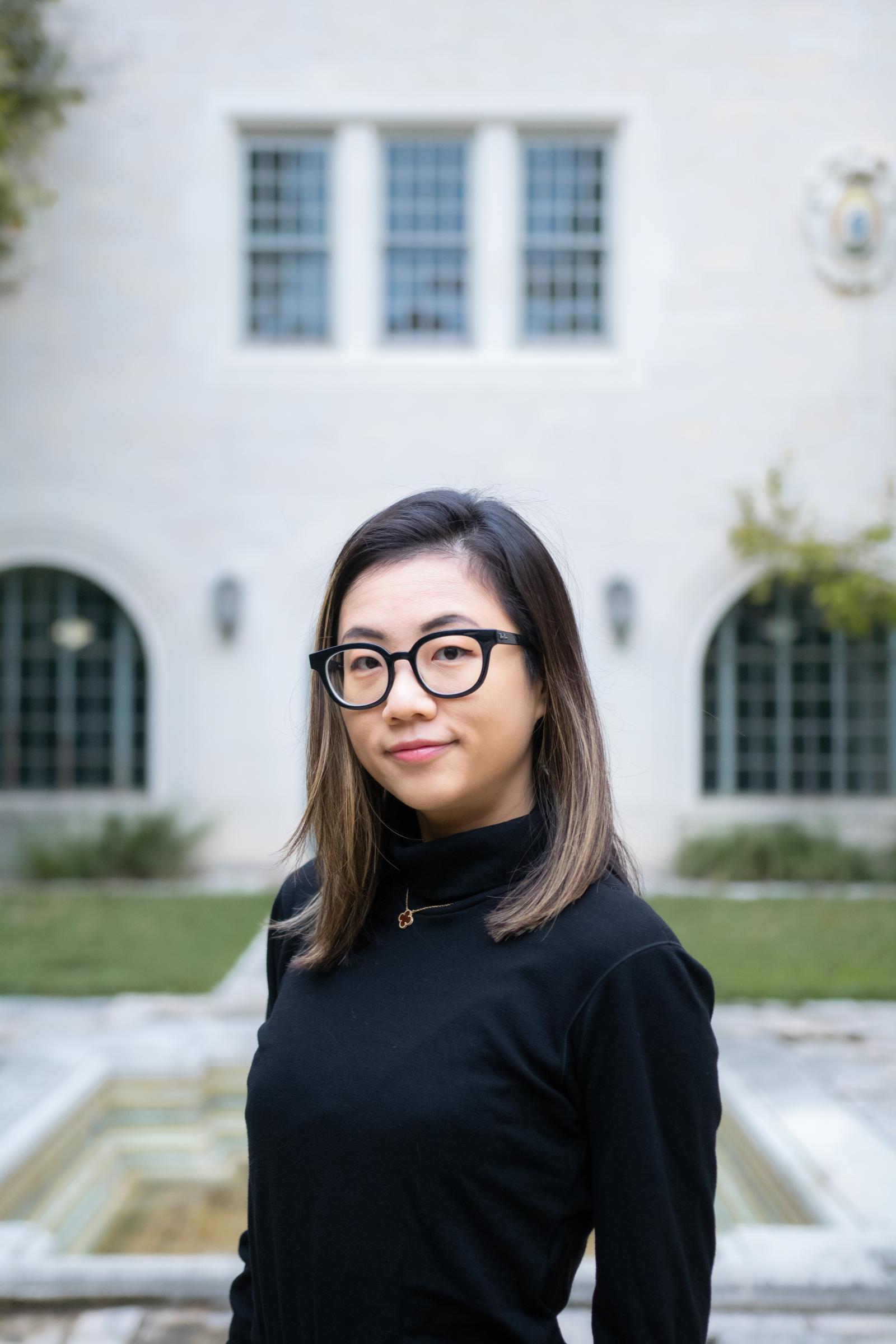
Minyu Situ
Minyu’s research interests focus on incorporating critical identity elements (such as gender and race) and individual experiences into the existing travel behavior modeling framework. Before UT, Minyu worked as a project manager/research associate at Tufts University and had experience using qualitative data to analyze technical interventions for walking behavior and statistical and geospatial data to analyze public transport-related policies. Previously, Minyu received an M.S. in Environmental Policy and Planning from Tufts University and a B.S. in Public Affairs/Environmental Management from the Indiana University of Bloomington.
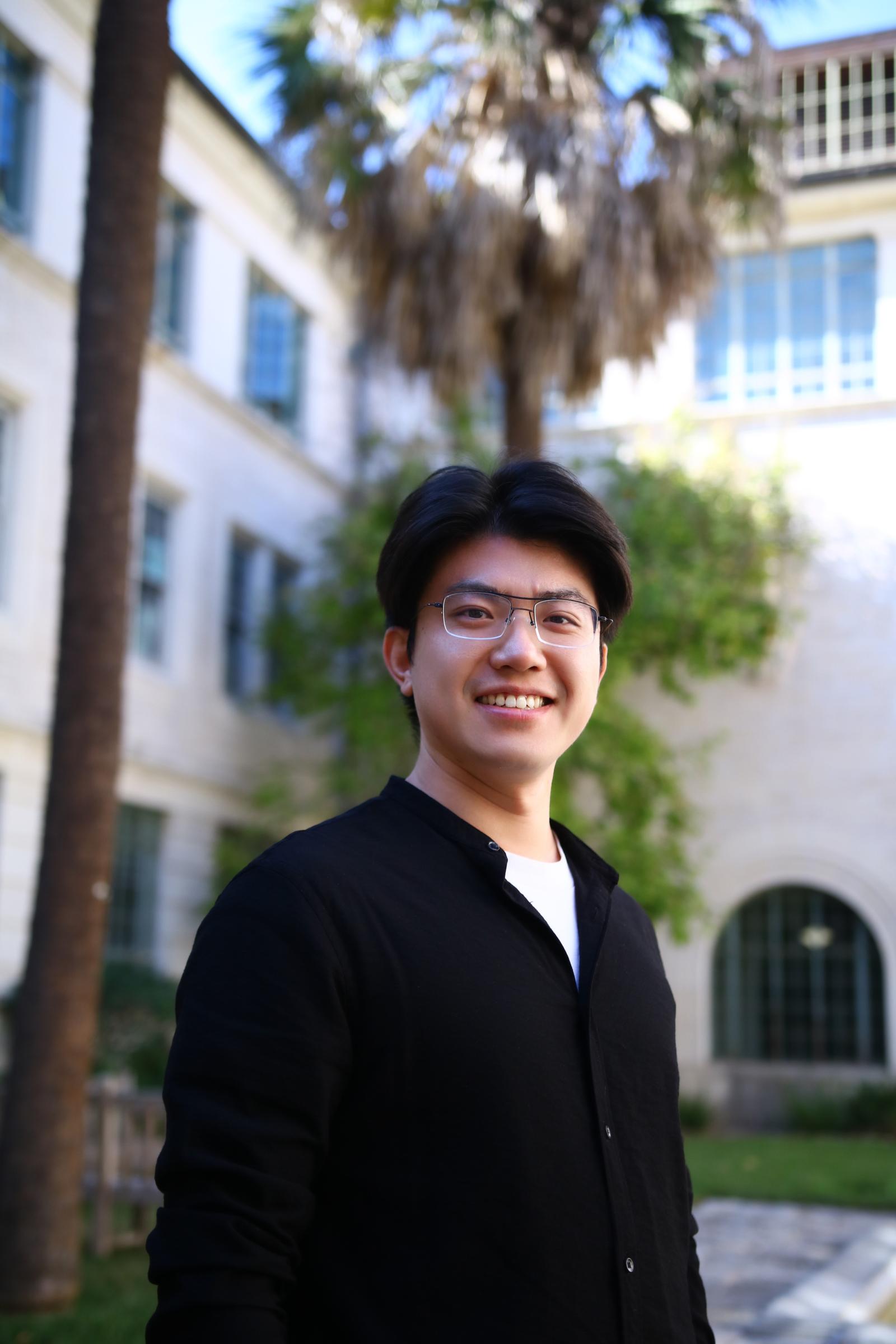
Huihai Wang
Huihai’s research interests include robotics, computer vision, and deep learning in transportation and the evaluation of the built environment. His research involves the integration of computer vision algorithms and autonomous robotics in evaluating and mapping the urban built environment and recognizing traffic flows and behaviors via 2D traffic videos and 3D Lidar sensors. Learn more >
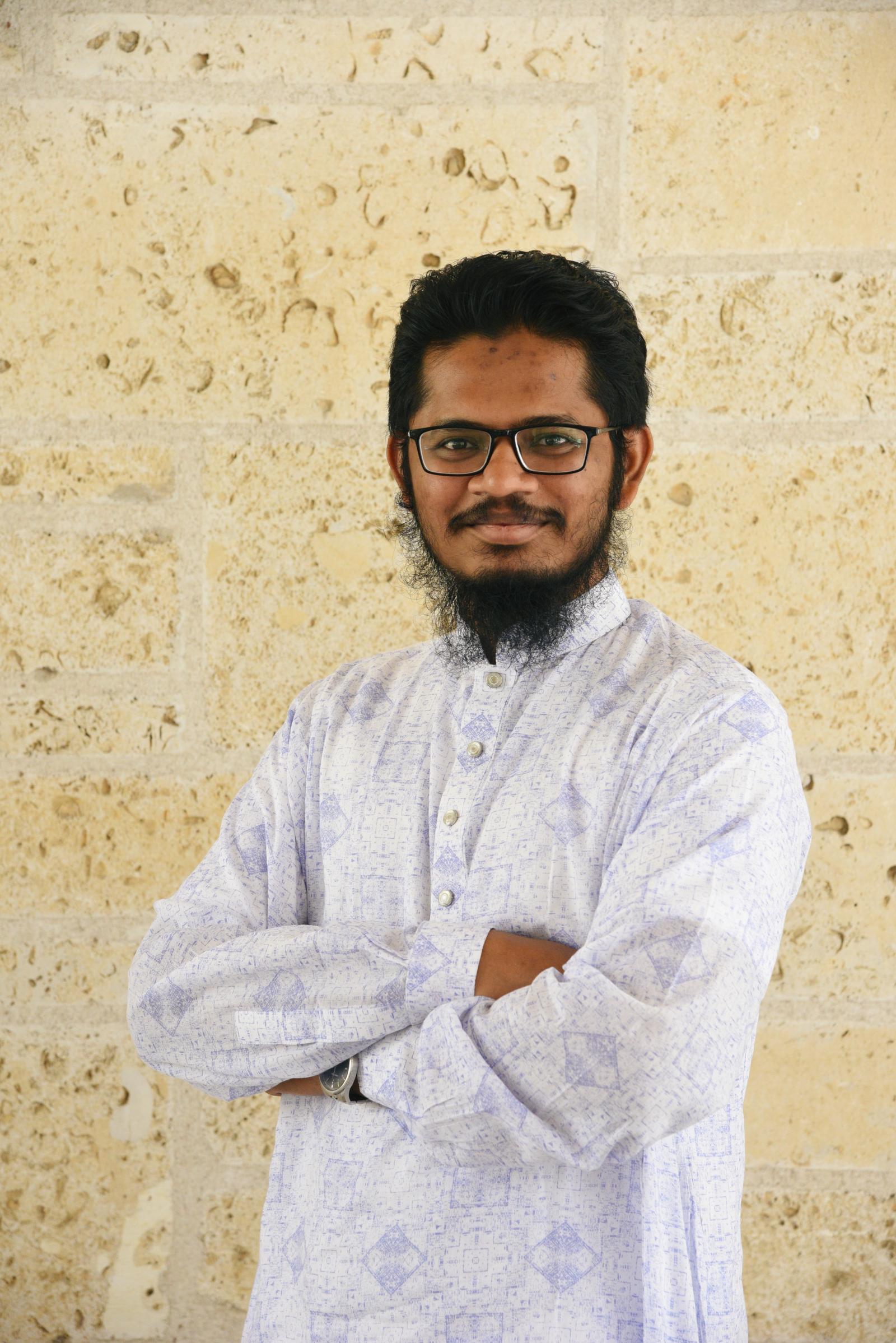
Niaz Mahmud Zafri
Niaz Mahmud Zafri is a doctoral student in the Community and Regional Planning (CRP) program at the University of Texas at Austin. Prior to pursuing his doctoral studies, he earned both a bachelor's and a master's degree in urban and regional planning from Bangladesh University of Engineering and Technology (BUET). His research interests encompass various aspects of transportation planning, including the interaction between travel behavior and the built environment, public and active transportation, traffic safety, accessibility, equity, and the application of machine learning and artificial intelligence in transportation
